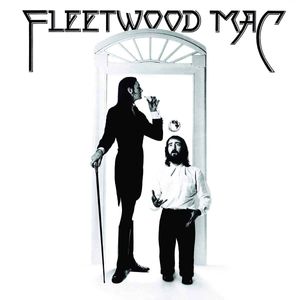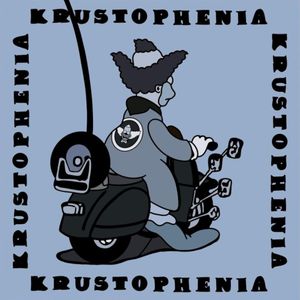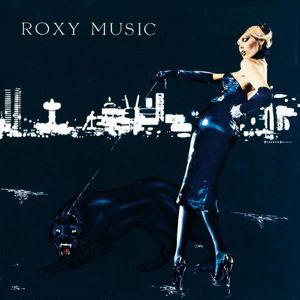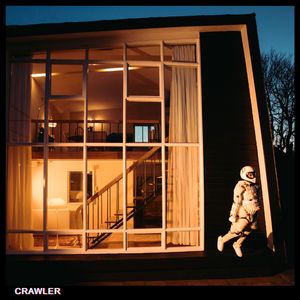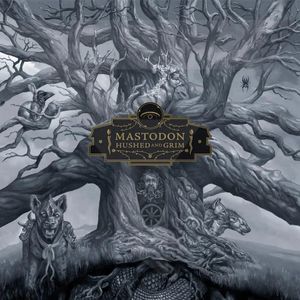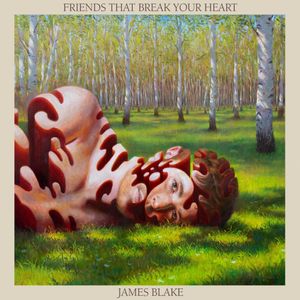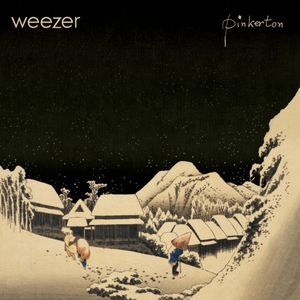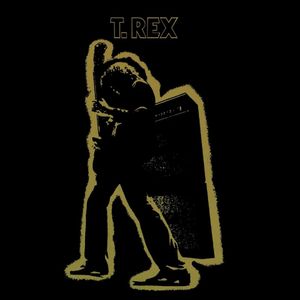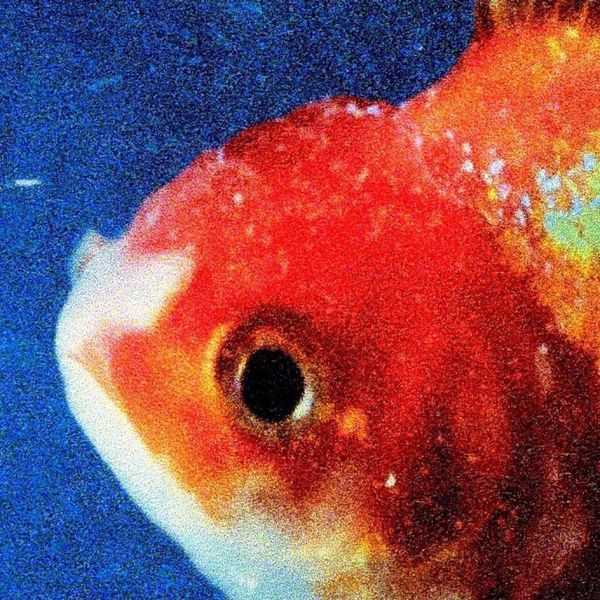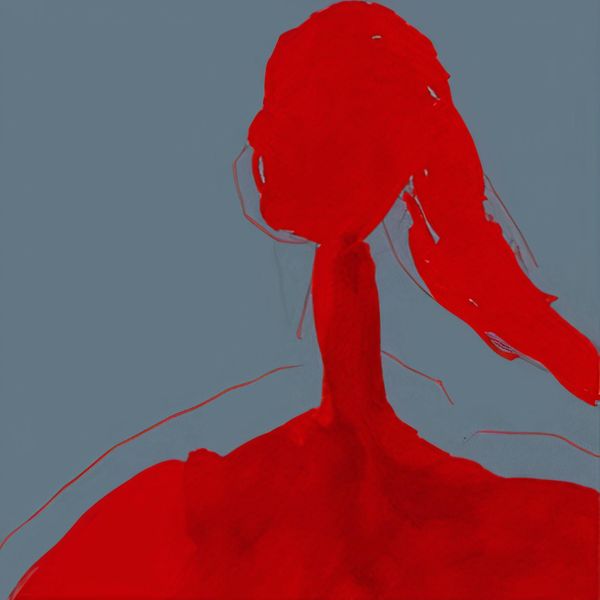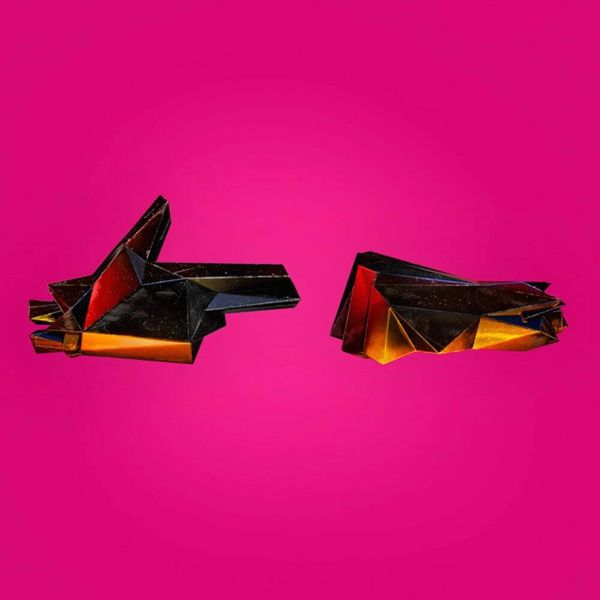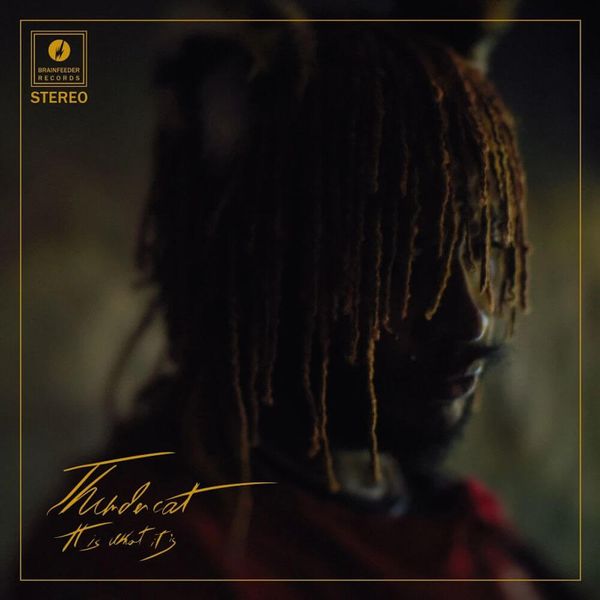King’s Disease
Nas
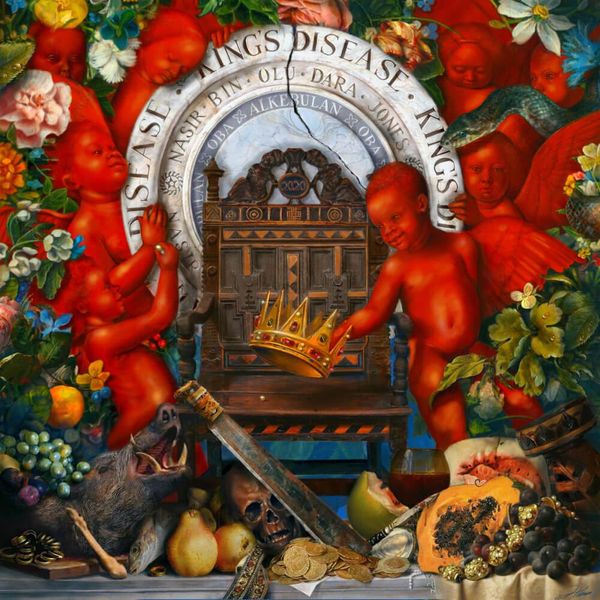
Favourite Tracks
- Ultra Black
- Blue Benz
- King’s Disease
André
Like every hip-hop head on the planet, I hold Illmatic very close to my heart. I’m also rather fond of its follow up album It Was Written. Suffice to say, Nas’ output since then has been sketchy at best. Some records flirt with greatness, others are indisputable duds, and then there are those in between: decent, but forgettable. It’s a shame that a true legend of the game hasn’t released a definitive classic for 25 years.
Nas’ latest effort, King’s Disease, isn’t a ground-breaking record, but it is a relative return to form. A significant part of this is due to the production work of Hit-Boy, which is a constant highlight. It’s a joy to hear Nas rap over jazzy beats once again. The format suits him down to the ground. After 2018’s NASIR, produced and generally designed by Kanye West, King’s Disease comes as a welcome relief.
The soulful samples of the title track set a heartening tone, reminiscent of West’s work on The College Dropout. Hit-Boy’s production offers Nas a new lease of life, and he sounds more comfortable here than he has in a long while. There’s less of a focus on hooks, with more emphasis on compelling storytelling. Nas deals in broad strokes, and whilst that leaves plenty of room for interpretation, it also leads to some conflicting conclusions. King’s Disease is an album of reactive observations. Listeners are likely to be left with more questions than answers.
Sonically, King’s Disease feels like a slight throwback. There’s a warmth to the instrumentals that hark back to Nas’ glory days, particularly in the album’s opening few tracks. “Blue Benz” is an early standout, and “27 Summers” offers a change of pace that fits snugly in the tracklist. The album does lose some steam towards the end. “All Bad” suffers from flat production and an Anderson .Paak feature that lacks any significant presence, and whilst the chilled nature of “Full Circle” is gratifying at first, it soon ends up feeling lethargic.
For the most part, however, King’s Disease is a smooth ride. It’s not the modern classic that fans have been crying out for, but I doubt Nas aimed his sights that high. Moments of pure poetic brilliance come and go. It’s a real shame they’re often caught between awkward lyrical moments. For me, it’s just nice to hear Nas in his element once again.
Favourite tracks //
- Blue Benz
- 27 Summers
- King’s Disease
Fred
When players deliver in curling the stone starts at a steady pace. It’s hardly motoring along, but it’s moving. As it reaches its target the stone slows down. It slows down so slowly that you barely register it’s happening. Then it stops. That’s the journey of King’s Disease. It slides steadily along and scores respectably.
The record deserves better than that astonishingly laboured metaphor, in fairness. It hits a nice balance between sounding classic and sounding fresh. That vintage Nas flow is well represented, with sure-footed beats ever-present in the tracklist, and at the same time it’s produced with a pop and cleanness more in tune with modern hip hop than the old school. Hearing Nas through a more contemporary filter is as pleasant as you’d expect, though hardly a revelation.
Were King’s Disease two or three tracks lighter I’d probably click with it much more, but the early momentum — such as it is — fades by the end. Solid, professional, and just a little too forgettable.
Favourite tracks //
- Ultra Black
- King’s Disease
- Replace Me
Marcus
King’s Disease doesn’t feel like a bid to reclaim any space at the top of hip hop’s conversation, but Nas hasn’t sounded this good for a while. Thematically, lyrically, and sonically, the esteemed rapper channels a lot of what made his early work so timeless, and he clearly thrives on the ease of it.
Nas frames himself, thematically, as an old king of hip hop, surveying the state of the world, reflecting on his reign, looking forward to the next generation, and speaking as though he’s ready to step aside to let younger artists take the reins. Whether Nas is held in the esteem his braggadociousness would have us believe is in the eye of the beholder, but the themes’ synchronicity between bars and production is surprisingly effective. Hit-Boy’s inventive production and textures are a great match for Nas, tapping into vibes from the rapper’s jazz roots whilst firing out tributes to the various eras that his career has walked alongside.
Across the album, callbacks to hip hop trends that have come and gone over the past 25 years are well integrated blink-and-you’ll-miss-it inflections that add a lot of character to the wider piece. Kanye West gets nods throughout, “27 Summers” is reminiscent of the likes of Vince Staples, “Til the War’s Won” has a piano section harking back to Kendrick’s Good Kid phase, and “10 Points”’ tones have a distinct Danny Brown flavour during certain moments, and “The Cure” doesn’t sound too far removed from Madvillainy. The playful, irreverent writing feels right at home in the album’s languid atmosphere, mottled with brass flourishes and gentle hooks, and thematically there’s a great deal of cohesion going on here.
A few things drag the album back from being a true return to form, and the lyricism is one. There’s a general sense of aimlessness and emptiness to the writing across a few tracks, with “Blue Benz” and “Car #85” being particularly weak on Nas’s part. The production, hooks and beats on these tracks push them forward as highlights, but it’s a shame that Nas couldn’t take better advantage of the soundscape Hit Boy lays down. “Ultra Black”, conversely, is Nas at his best with its dense, layered and interesting writing, a well integrated vocal hook, and impassioned delivery. So, it’s a bit Jeckyll and Hyde, but the production is consistent enough to save the dips.
The features, on the other hand, are pretty weak. Don Toliver and Lil Durk, in particular, add nothing but blandness, irony-free autotuned vocals, and some seriously dead bars. Meanwhile, Anderson .Paak is kind of anonymous, and ASAP Ferg is relegated to the bonus track. On an album so regularly set up to win by Hit Boy, it’s interesting that the other features fall so flat. That being said, the album’s a pleasant, consistent, and enjoyable listen, so here’s hoping Nas and Hit Boy build on their clear chemistry with a follow-up.
Favourite tracks //
- 10 Points
- Ultra Black
- Blue Benz
